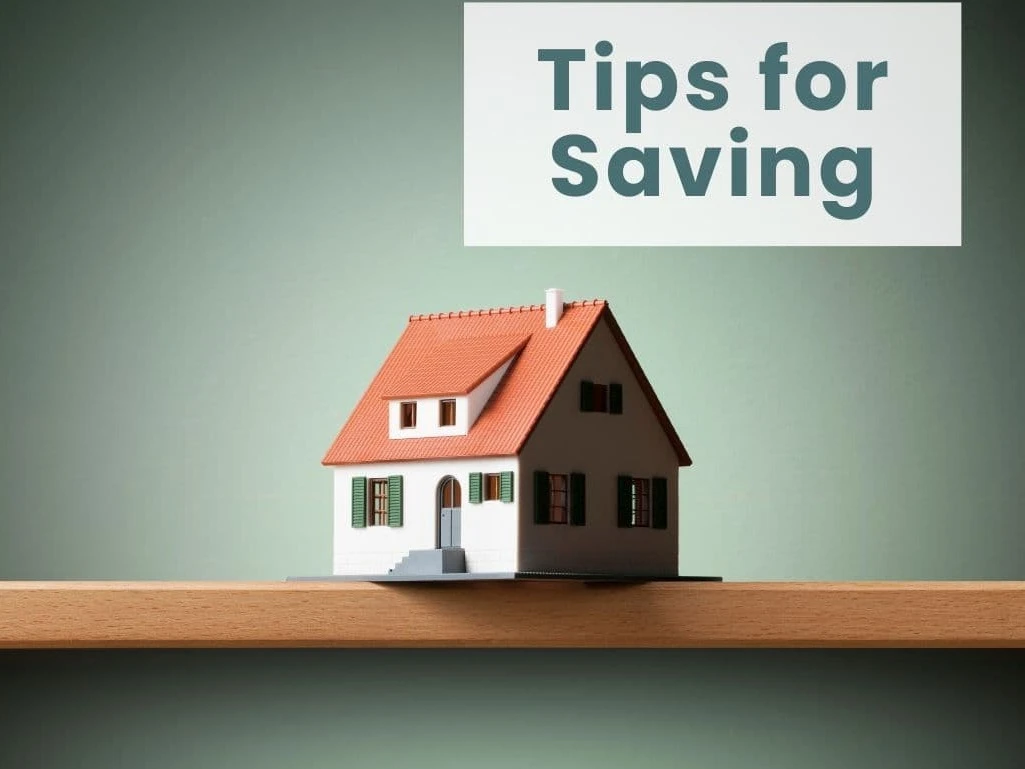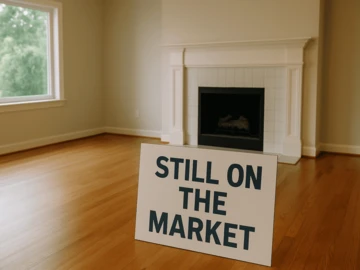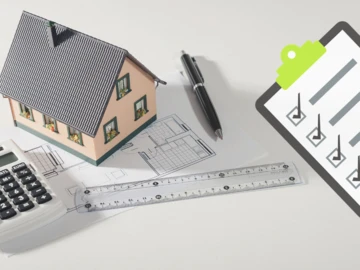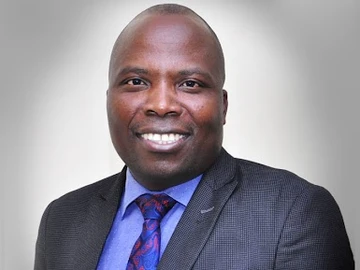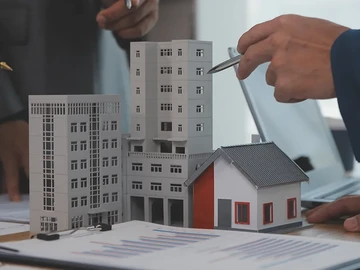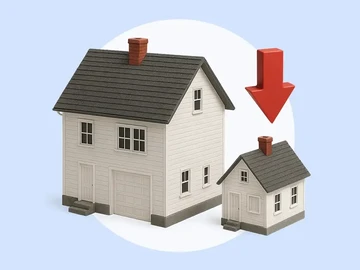Buying a home in Zimbabwe is one of the biggest financial milestones for individuals and families. Whether you’re a first-time buyer or upgrading to a larger property, effective budgeting and saving strategies are essential to achieve your homeownership goals.
This guide provides practical tips, real-life examples, and statistics to help Zimbabweans save efficiently for a house in 2025.
Why Budgeting and Saving Are Crucial
- Homeownership requires long-term planning – property prices in urban areas like Harare have risen 20% on average over the past three years.
- Avoid debt traps – saving a substantial deposit reduces reliance on high-interest loans.
- Achieve financial stability – proper budgeting ensures you can cover all costs, including legal fees, taxes, and moving expenses.
Stat: In Zimbabwe, the average deposit required for a property is 20–30% of the purchase price, emphasizing the need for disciplined saving.
Step 1: Determine Your Budget
1. Assess Your Income and Expenses
- Track monthly income and outgoings to understand disposable income.
- Use tools like spreadsheets or budgeting apps.
2. Consider Property Costs
- Include the purchase price, legal fees, municipal rates, and levies.
- Factor in moving costs, renovations, and furnishing.
3. Set a Realistic Target
Example: For a US$100,000 home, aim for a US$20,000–30,000 deposit.
Step 2: Save Strategically
1. Open a Dedicated Savings Account
- Keep your home savings separate to avoid spending it on other expenses.
2. Automate Savings
- Set up automatic monthly transfers to your savings account.
Example: Saving US$500/month will yield US$6,000 per year, accelerating your home deposit fund.
3. Reduce Unnecessary Expenses
- Track discretionary spending (e.g., dining out, subscriptions).
- Redirect savings towards your home fund.
4. Consider Investment Options
- Short-term investments like fixed deposits or treasury bills can grow your savings faster.
- Ensure low-risk options to avoid losing your deposit capital.
Step 3: Explore Financing Options
1. Bank Mortgages
- Most Zimbabwean banks require a deposit of 20–30%.
- Compare interest rates and repayment terms.
2. Developer Financing
- Some developers offer payment plans for new properties.
- Can reduce upfront deposit requirements.
3. Joint Homeownership
- Pool resources with family or trusted partners to increase buying power.
Stat: Zimbabwean banks report that buyers with larger deposits (≥30%) have higher mortgage approval rates and lower interest costs.
Step 4: Monitor Progress and Adjust
- Track your savings growth monthly.
- Adjust contributions if your income increases or expenses decrease.
- Review property prices in desired suburbs to ensure your target remains realistic.
Example: A Harare-based professional started saving US$400/month in 2022. By 2025, they had accumulated US$14,400, enabling a deposit for a US$70,000 house in Greendale.
Bonus Tips
- Negotiate property prices – even a 5% discount can save thousands.
- Leverage government incentives – check if programs for first-time buyers exist.
- Avoid impulsive purchases – prioritize financial discipline over instant gratification.
- Consider peri-urban areas – these often have lower prices and faster appreciation potential.
Conclusion
Saving and budgeting for a house in Zimbabwe requires discipline, planning, and smart financial strategies:
- Determine a realistic budget including all associated costs.
- Save consistently using automated and dedicated methods.
- Explore financing options and monitor progress regularly.
- Consider property location, price trends, and investment potential.
By following these strategies, aspiring homeowners can achieve homeownership in Zimbabwe with confidence and financial stability in 2025.
 Continue with Facebook
Continue with Facebook
 Continue with Email
Continue with Email

